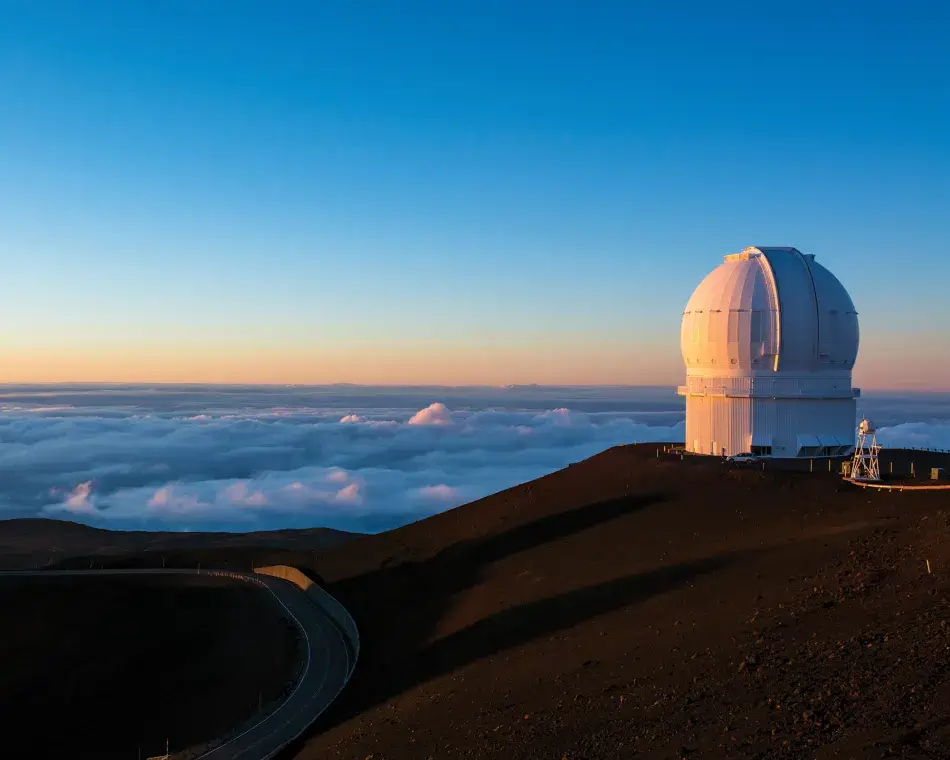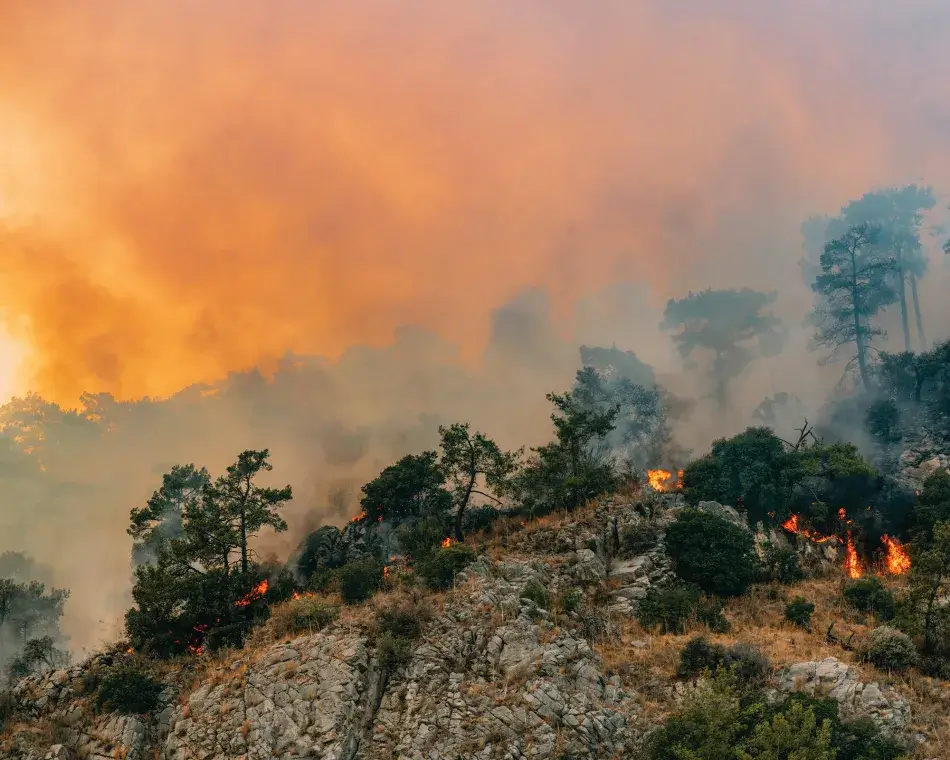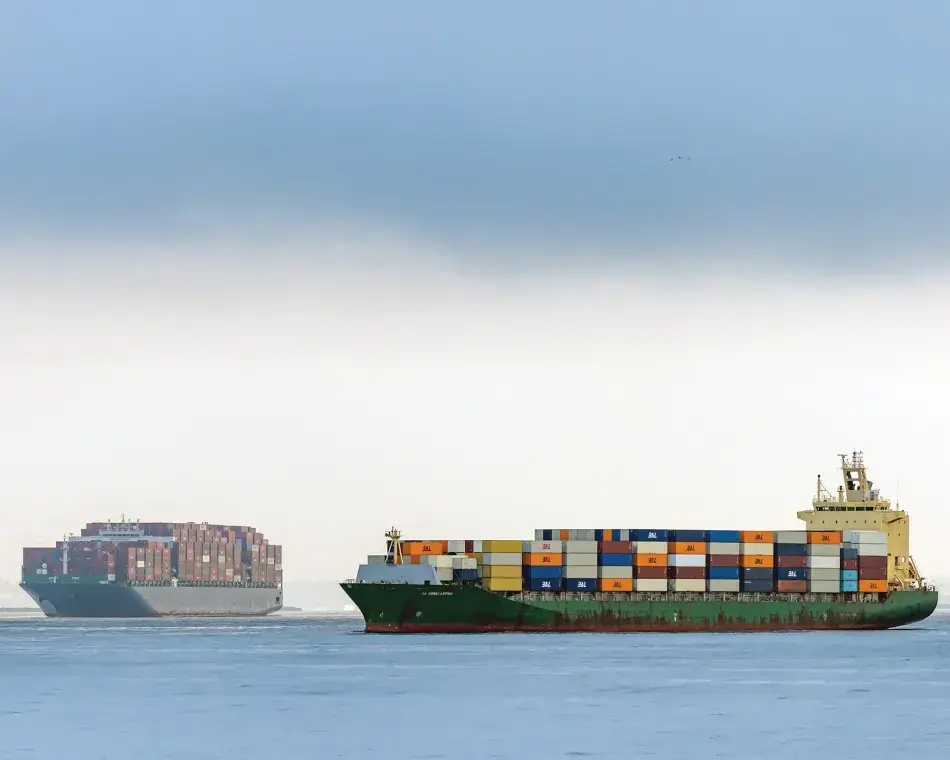
The Academy’s record of distinction in Science, Engineering, and Technology dates to its founding mission “to cultivate every art and science which may tend to advance the interest, honor, dignity, and happiness of a free, independent, and virtuous people.” Rather than generate new scientific research, the role of the Academy has been uniquely interdisciplinary, bridging the social sciences and arts with the physical sciences to support a national understanding, belief, and trust in science and discovery. Perhaps no better example of this can be found than in the mid-1800s when the Academy hosted hotly contested debates about a new scientific theory – the theory of evolution.
Academy projects in Science, Engineering, and Technology seek to strengthen the capacity of science and engineering to improve the human condition. This goal has never been more important for the nation or for the world than it is today. Global challenges increasingly require collaboration across disciplinary, professional, and national boundaries, while rapid advances in information processing and transmission raise new issues for both the management of scientific and technical information and for the ability of individuals and institutions to assimilate and act on new discoveries.
Project
Commission on Accelerating Climate Action

The scientific consensus is clear: climate change is upon us, and its impacts will be devastating and increasingly difficult to prevent and address if we do not take action now. Polarization and a continued partisan divide have made climate change an entrenched political issue – a space where data, conclusions, and arguments from scientists have not sufficed to compel effective action. Most Americans express support for a broad array of climate policies and for greater action from different levels of government. Yet, critically needed legislation is stalled and the United States is unlikely to meet its goal to help limit warming to 1.5 degrees Celsius. To address this challenge facing our global society, the Academy formally launched a project on climate action in September 2021.
Unlike other climate change studies, the Commission will neither produce or analyze climate science data, nor will it limit its recommendations to certain disciplines or economic sectors. Rather, the Commission will seek to leverage the full toolkit of its broad membership to reveal unique and creative interdisciplinary solutions: novel, specific, and targeted actions that, if taken, would dramatically alter the trajectory of U.S. action on climate change.
In the past year, the Commission assessed the national landscape on climate action across stakeholder groups and sectors, conducting thirty-two listening sessions. To accomplish this, they established three workstreams: Communication, the Private Sector, and Human & Military Security. Throughout the year, each working group has met several times to discuss the barriers to action and has participated in listening sessions with key stakeholders in various sectors and areas, focusing on identifying known major barriers and naming gaps in our understanding of climate change inaction. The findings of the working groups will be published in a document highlighting the key issues and major barriers, in addition to a white paper produced by the Communication working group.
In the coming year, the Commission will share its findings on barriers to action with the public and shift its focus toward solutions and recommendations to spur action.
Commission Chairs
Mustafa Santiago Ali
National Wildlife Federation
Christopher Field
Stanford University
David G. Victor
University of California, San Diego
Patricia Vincent-Collawn
PNM Resources
Project Staff
Carson Bullock
Program Associate
Kate Carter
Program Officer
Sophia Charan
Hellman Fellow in Science and Technology Policy
Tania Munz
Chief Program Officer
Islam Qasem
John E. Bryson Program Director
Jennifer Smith
Program Coordinator
Funders
John E. Bryson and Louise Henry Bryson
Hansjörg Wyss
The Alfred P. Sloan Foundation
The Grantham Foundation for the Protection of the Environment
The David and Ellen Lee Family Foundation
The Robert F. Higgins Fund for Science, Engineering and Technology
William and Helen Pounds
Roger Sant and Doris Matsui
Project
Challenges for International Scientific Partnerships

Challenges for International Scientific Partnerships (CISP) articulates the benefits of international collaboration and recommends solutions to the most pressing challenges associated with the design and operation of international partnerships. The initiative identifies policy recommendations and best practices to mitigate challenges for international science collaborations, including physical facilities, distributed networks, and peer-to-peer partnerships.
The project released its first report, America and the International Future of Science, in December 2020; its second report, Bold Ambition: International Large-Scale Science, in June 2021; and a third and final report, Global Connections: Emerging Science Partners, in February 2022.
The Large-Scale Science (LSS) working group approaches international collaborations through the lens of issues particular to large-scale science, not peer-to-peer or small-scale international work. This group has been tasked with exploring how the United States can enhance its role in these partnerships, both in physical facilities (such as CERN) and distributed networks (such as the Human Cell Atlas). This group is focusing on recommendations that will bolster the United States’ ability to partake in large-scale collaboration efforts as meaningful and engaged partners.
The Emerging Science Partners (ESP) working group explores issues particular to U.S. scientific collaborations at all scales with countries seeking to boost their scientific capacity, particularly those with limited resources to do so. This working group frames discussions around how the United States can be a better collaborator in its partnerships with emerging science partner countries and work to increase equity in these collaborations.
Project Chairs
Arthur Bienenstock
Stanford University
Peter Michelson
Stanford University
Large-Scale Science Working Group Chairs
Arthur Bienenstock
Stanford University
Peter Michelson
Stanford University
Emerging Science Partners Working Group Chairs
Shirley Malcom
American Association for the Advancement of Science
Olufunmilayo Olopade
University of Chicago
Funders
The Alfred P. Sloan Foundation
William and Flora Hewlett Foundation
Gordon and Betty Moore Foundation
Project Staff
Carson Bullock
Program Associate
Sophia Charan
Hellman Fellow in Science and Technology Policy
Tania Munz
Chief Program Officer
Islam Qasem
John E. Bryson Program Director
Peter Robinson
Morton L. Mandel Director of Strategic Implementation
Jennifer Smith
Program Coordinator
Rebecca Tiernan
Program Associate
Amanda Vernon
Program Officer & Hellman Fellow in Science and Technology Policy
Project Publications
America and the International Future of Science (American Academy of Arts and Sciences, 2020)
Bold Ambition: International Large-Scale Science (American Academy of Arts and Sciences, 2021)
Global Connections: Emerging Science Partners (American Academy of Arts and Sciences, 2022)
Project
Resiliency in Supply Chains

On October 29, 2021, the Academy held a hybrid exploratory meeting, led by Margaret Levi (Stanford University) and Richard Locke (Brown University), on building resilient and ethical supply chains for a post-COVID world. The meeting, which followed from three virtual soundings held during the spring and summer of 2020 that engaged Academy members, brought together experts from academia, business, philanthropy, and government. The participants considered the supply chain vulnerabilities that were surfaced, exacerbated, and/or created by the COVID-19 pandemic and discussed possible solutions to build more ethical and resilient supply chain systems. They explored three domains in particular: health care and food security; ethics, labor, and workers’ protections; and security and resiliency of global supply chains.
Meeting Chairs
Margaret Levi
Stanford University
Richard Locke
Brown University
Project Staff
Sophia Charan
Hellman Fellow in Science and Technology Policy
Kay Lowden
Program Associate
Tania Munz
Chief Program Officer
Islam Qasem
John E. Bryson Program Director
Jennifer Smith
Program Coordinator
Funders
American Academy Exploratory Fund
Brown University
Ford Foundation through Brown University